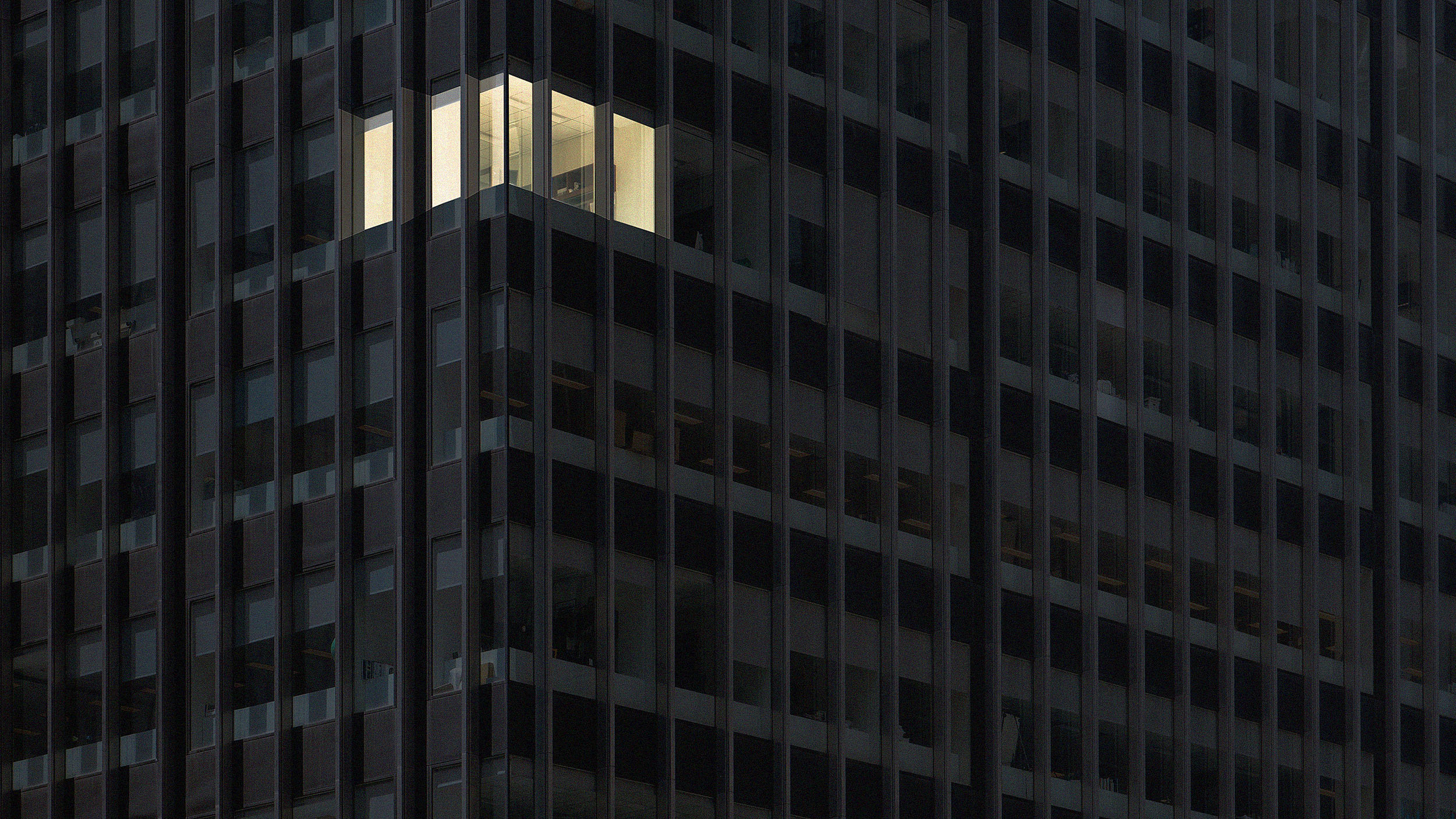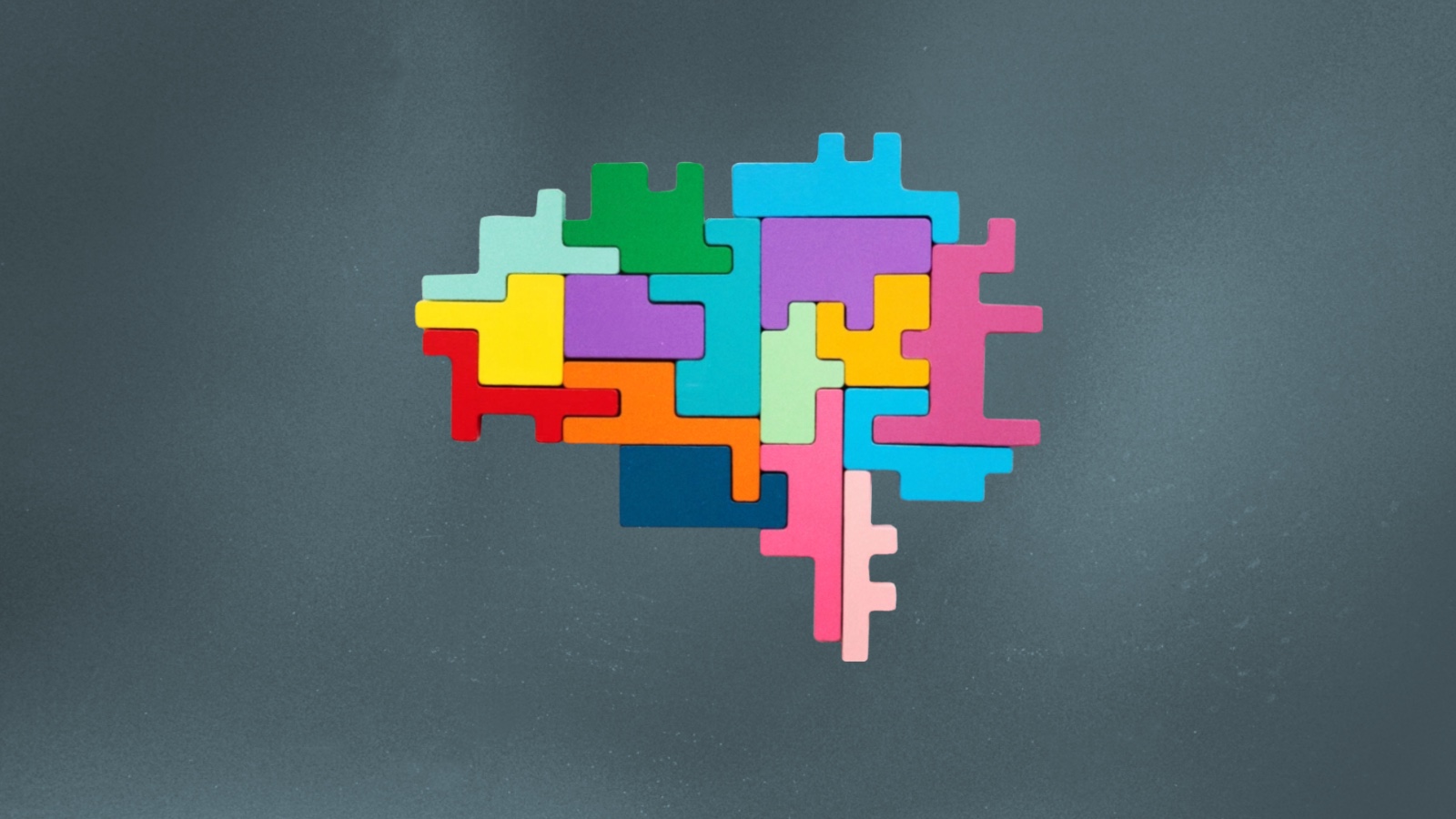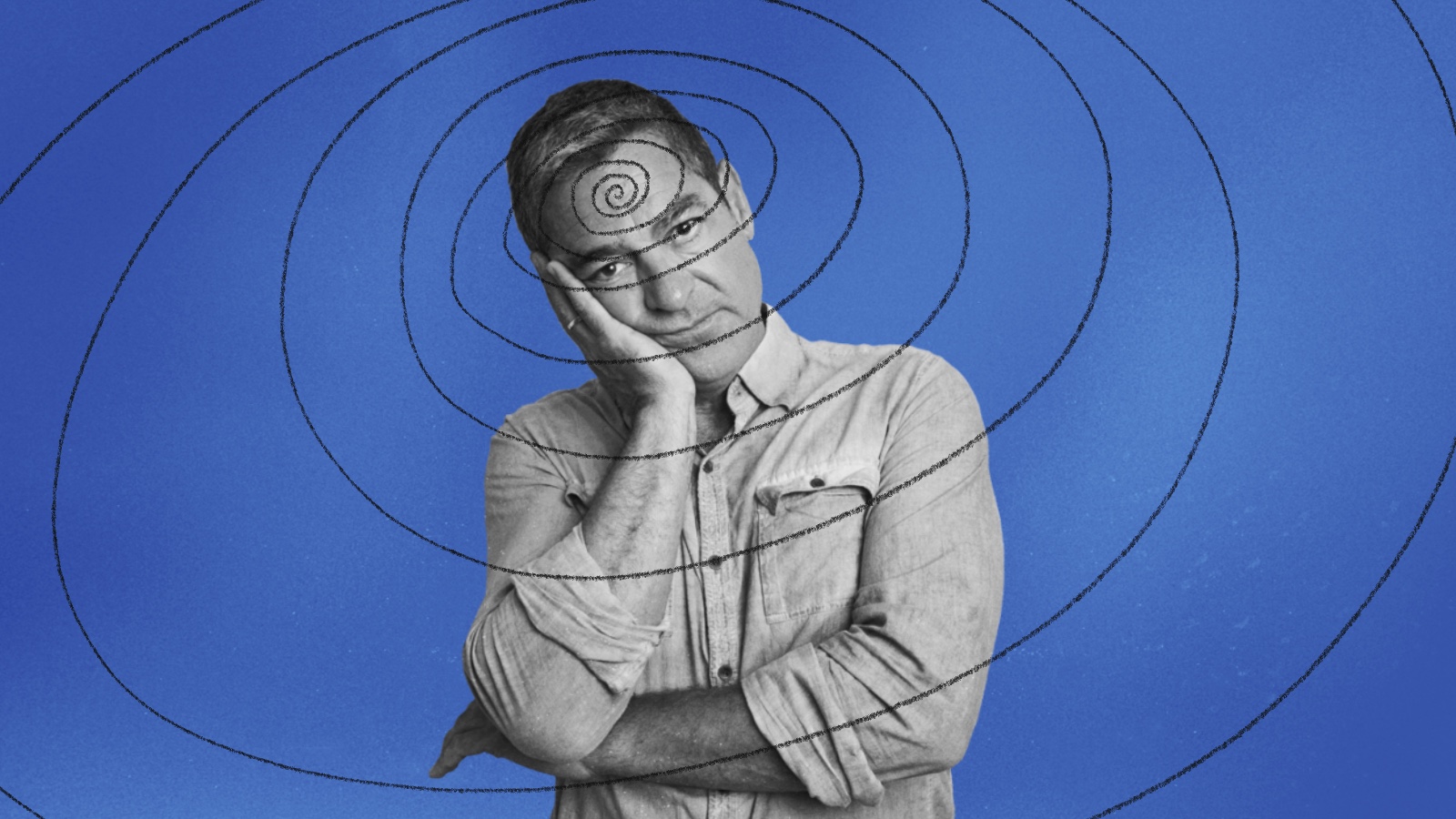Two Minutes Walking Offsets Heath Harms of an Hour Sitting

Sitting is killing us. It’s a fact office workers have been bombarded with over the past few years. Now researchers are trying to find solutions that match the desk-worker’s lifestyle. Being pinned to a desk, sometimes it’s hard to get away. The treadmill desk is an interesting approach, but recent studies say that it shouldn’t be your only form of exercise. Likewise, another study has shown that exercise can’t erase a lifetime of sitting. However, if you can’t afford a treadmill desk, a recent study shows that two minutes of walking for every hour of sitting can help prolong life.
The researchers sought to find out (through observational study) whether longer periods of standing or walking could offset some of the health hazards of a sedentary lifestyle. Unsurprisingly, they found that standing for two minutes out of every hour did nothing to offset the effects of sitting for the majority of the day. However, walking for two minutes out of every hour was associated with a 33 percent lower risk of dying.
Lead author of the study, Srinivasan Beddhu, commented on the results, saying:
“It was fascinating to see the results because the current national focus is on moderate or vigorous activity. To see that light activity had an association with lower mortality is intriguing.”
Indeed, every little bit helps. However, it’s important that people still make time to exercise.
To this point, senior author of the study, Tom Greene, notes that “the reality is that the practical amount of vigorous exercise that can be achieved is limited.” He has a point; it’s hard enough to make time to go to the gym between working 40-plus hours a week and whatever else you may have planned. So, it’s good to know that another recent study has found bursts of strenuous activity beat out sustained exercise, allowing you to push your body to its limits in the amount of time you have in your day.
If you want to boost your health and well-being later in life, make the time to exercise. For Patricia Bloom, a geriatrician, she understands how important exercise is for the brain, going so far as to call it “the real fountain of youth.”
Read more about the study in Science Daily.
Photo Credit: lehman_11/Flickr





